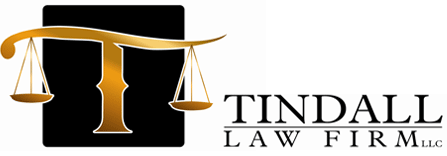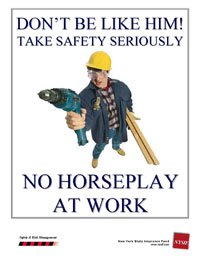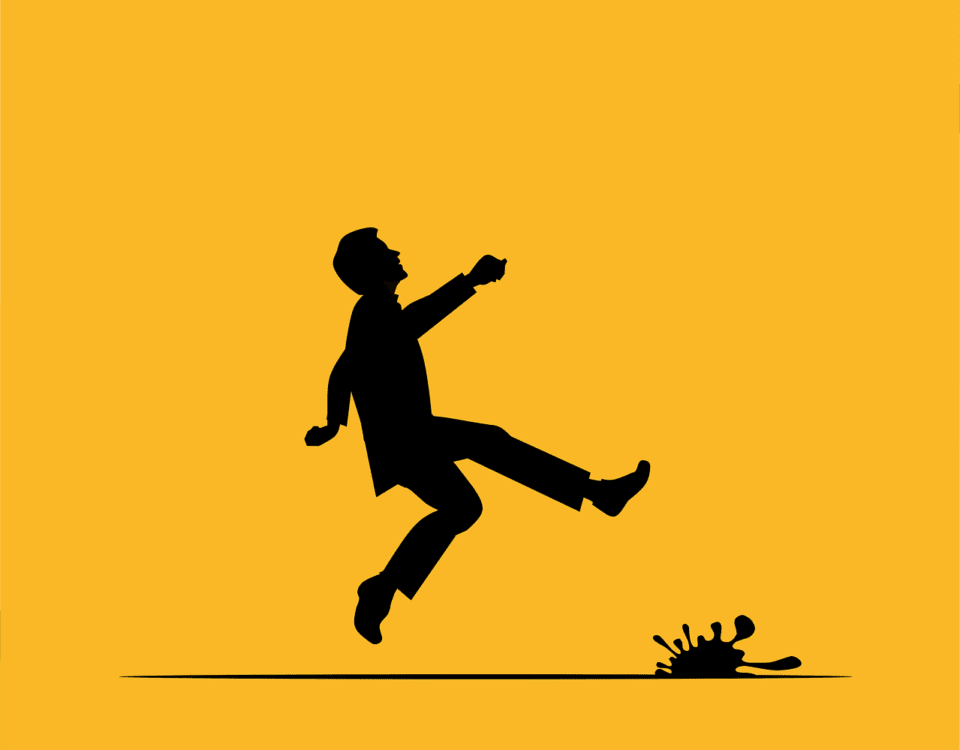Horseplay, Personal Differences, and Injuries Sustained During Lunch Breaks Do Not Warrant a Civil Claim
A Tradition of Excellence
 Sampling of Successful Case Resolutions
Sampling of Successful Case Resolutions
 Read our answers to some frequently asked questions.
Read our answers to some frequently asked questions.
Statement
 View Our Mission Statement
View Our Mission Statement

Survival Tips for Motorcycle Riding in City Traffic
February 10, 2015
A Wrongful Death Lawsuit
April 20, 2015Heads up, employees!
Claims filed under workers’ compensation are not automatic, guaranteed, or as clearly defined as you might imagine. Typically, under CT law if you are “within the scope of employment,” which means that you are doing your job duties for the employer, and you become injured, you are covered under the worker’s compensation law. It is no fault system, meaning you are covered without having to prove anyone is at fault.
Examine the following scenarios carefully and keep this information on file.
Typical situations in which workers’ compensation will not apply:
Lunch Breaks
If you get injured during your lunch break or on your personal time when you are not doing the work of the employer, expect that workers’ compensation will not cover you. There may be other civil claims that would cover you, but very likely would not be covered by worker’s comp.
Of course make sure you are enjoying your lunch in a safe environment.
Altercations between Employees
Worker’s compensation coverage generally does not recognize or compensate for intentional physical harm by a co-worker if the altercation did not involve a dispute over a work-related issue. In these cases there will be a direct civil action against the worker who caused the injury and may be a direct civil claim against the employer.
Horseplay
Goofing off or goofing around constitutes horseplay, often is not covered by workers’ compensation insurance.
However, if you are an innocent bystander who’s injured during horseplay, or horseplay is generally acceptable in your field of work, you may still be able to claim workers’ compensation benefits.
Worth noting:
There are 3 main exceptions to worker’s compensation being the exclusive remedy against your employer for personal injuries you sustain by working, which would allow you to pursue a regular civil claim under CT law:
1) If you are injured by the negligence of a fellow employee in the operation of an automobile;
2) If you are intentionally harmed by the employer or an employee;
3) If you are pursuing an uninsured motorist motor vehicle accident claim against your employer for the negligence of the uninsured third party who caused an accident.
You, of course, are also allowed to sue your employer for wrongful termination, discrimination, etc., but you cannot sue them for personal injuries sustained during employment, unless the situation falls within one of the listed exceptions above.
See the article below for other general information on this topic, but understand that CT law has slightly different rules than as set forth in said link below. Contact Tindall Law Firm, LLC for clarification on this topic or if you have any other legal questions at 203 755-0018.
Source http://www.alllaw.com/articles/nolo/workers-compensation/legal-remedies-injury-caused-co-worker.html










